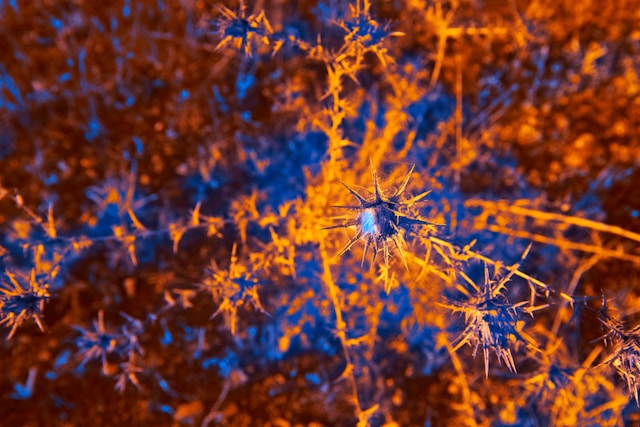
Neurodivergence is a word you might have seen everywhere lately. It covers ADHD, autism, dyslexia, and other ways that brains process the world differently. For many, getting a diagnosis feels like a relief. It finally explains why school or work felt harder than it should have.
NBut here’s the challenge: a diagnosis only names what’s happening. It doesn’t show you what to do next. This is where kinesiology can make a real difference.
Diagnosis Is a Starting Point, Not the Finish Line
A label can be helpful, but it can also feel limiting. You might start to believe that your brain is broken or that you’re stuck with these struggles forever. However, research shows the brain is far more adaptable than we once thought.
In fact, neuroplasticity — the brain’s ability to rewire itself — means change is always possible. While a diagnosis points to where the difficulty lies, it doesn’t set your future in stone. This is why so many families and adults are now looking beyond diagnosis to find ways to thrive, not just cope.
Why Kinesiology Works for Neurodivergence
Kinesiology looks at the body and brain together. Instead of just focusing on symptoms, it explores how stress, emotions, and physical tension affect learning and behaviour.
For example, a child with ADHD may struggle to sit still. This might not be defiance — it could be their nervous system trying to regulate itself. By working with muscle testing, a kinesiologist can find where stress is stored in the body. Then, using gentle techniques, they can help release that stress so the brain can focus better.
Meanwhile, adults with autism often carry years of masking or social stress. Sessions can calm the fight-or-flight response and make everyday interactions feel less draining. As a result, performance at work, home, or school can improve.
Moving from Coping to Thriving
Many neurodivergent people spend their lives in survival mode. They manage symptoms with medication, therapy, or strict routines. These tools are valuable, but they can feel like a constant battle.
Kinesiology offers another way. By balancing the body and reducing stress, it helps the brain work more smoothly. This can lead to better focus, improved memory, and calmer emotions.
As a result, daily life becomes easier. Parents report that meltdowns are shorter and less intense. Teens say they feel more confident in class. Adults often notice they can concentrate longer and sleep better.
The Bigger Picture
It’s easy to think that being neurodivergent is all about deficits. Yet many of the world’s most creative thinkers, problem solvers, and entrepreneurs are neurodivergent. When stress is removed and the brain is supported, these strengths shine.
Therefore, kinesiology isn’t just about reducing symptoms. It’s about helping each person use their unique way of thinking as a strength.
Your Next Step
If you or your child has recently been diagnosed, take a breath. This is just the first chapter. You don’t have to stay stuck with the challenges you face today.
Consider trying kinesiology as part of your support plan. Combined with other therapies, it can unlock potential you didn’t know was there. Most importantly, it can help you or your child feel calm, capable, and ready to take on the world.
